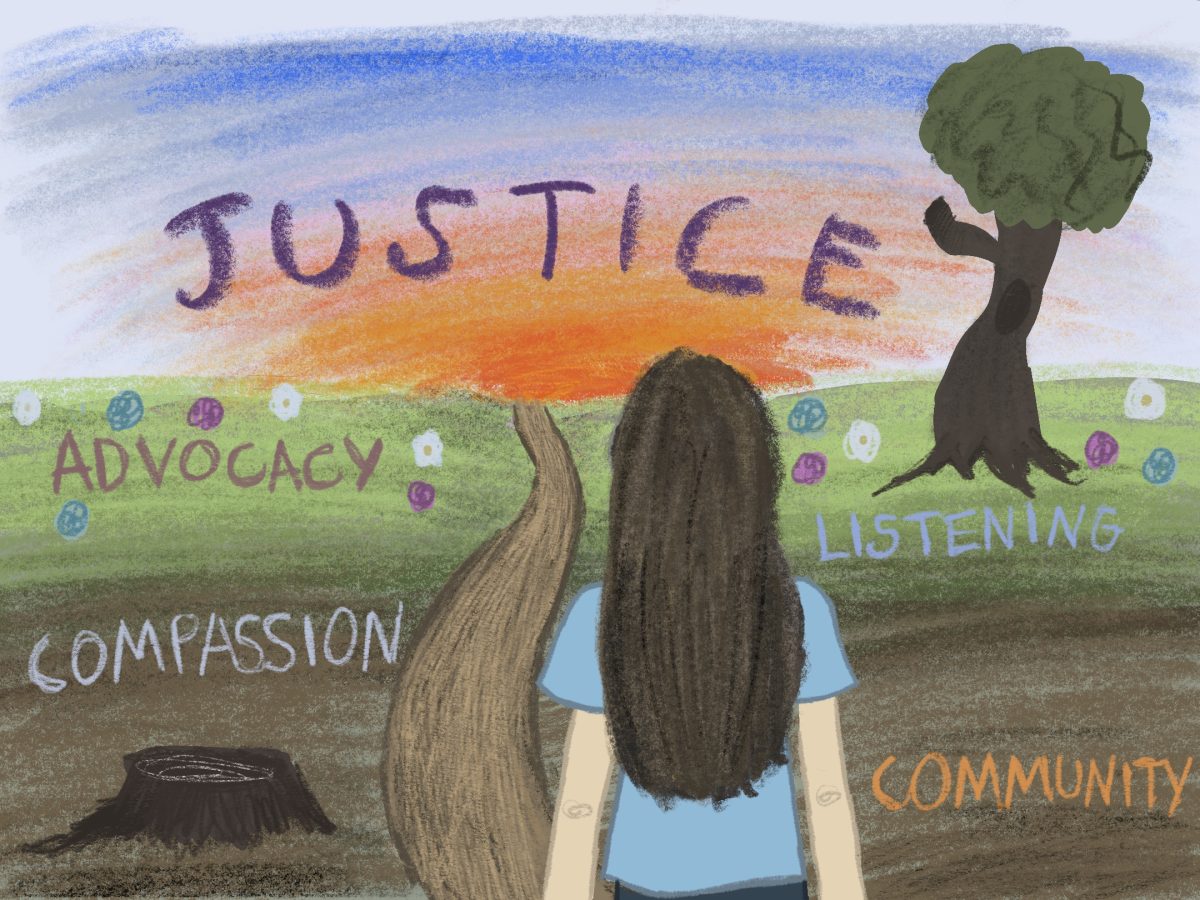While the Furman experience should help students successfully transition into healthy and independent adults, the holistic wellness section of the Pathways Program is an ineffective method of achieving this.
The mandatory and overgeneralized classroom conversations held in Pathways are not conducive to students’ personal growth, and students would be better served if they were given the option to choose what modules they participate in.
The root of the issue is that Pathways is required for all freshmen and sophomore students. Most students do not see value in the curriculum and are not personally invested in the experience. They often express frustration over the hours spent in class and assignments that feel like busy work, which leads to low participation in Pathways discussions. Furthermore, students come from different stages of working towards holistic well-being, often causing a lack of engagement with topics that don’t apply to one’s own experiences.
This lack of investment makes discussions surrounding personal issues feel stilted, forced and disingenuous, creating an environment that makes students reluctant to be vulnerable when sharing and genuinely reflect.
“I felt that the suggested activity was too invasive,” a Pathways adviser said, who wished to remain anonymous due to their involvement in the program, regarding the course module on social identity. In class, students were directed to stand beside posters they felt represented their primary identity. “We’ve not had any context about what those identities mean and where they come from,” the adviser said. “I do think some of the personal elements are too much for a required class.”
Since every incoming Furman student must enroll in the program, Pathways is forced to take on a one-size-fits-all approach. Physical well-being information is not applicable to everyone, as it does not account for differences in fitness levels and personal health conditions. When emotional health is discussed, mental health struggles are often grouped together with the experience of everyday stressors, limiting the conversation and downplaying genuine mental illnesses.
Developing holistic wellness is an important part of the transition to college, but it cannot be taught through a mandatory curriculum.
Holistic well-being (which encapsulates emotional, physical, financial, social, academic, spiritual, career and environmental well-being) is a complex and personal topic. In order to analyze and improve one’s well-being, it requires purposeful and individualized study.
In addition, the mandatory nature of Pathways can negatively impact students when discussing topics related to wellness. Some students may experience pressure to share more than they are comfortable about personal topics due to the required small group discussion questions.
“People might not understand that, even if we try to say you don’t have to reveal anything, then what are they supposed to say?” the Pathways adviser said.
To accommodate the high volume of students enrolled in the Pathways Program, the program is often led by faculty who are under-equipped to discuss the sensitive topics covered in the curriculum. The training required of Pathways faculty cannot effectively cover the social skills and expertise needed to lead these vulnerable conversations. A professor from the history department, for example, may not have the necessary background to go beyond the slideshow they are given to effectively guide students through how to manage their finances or deal with changes in their emotional health. There are other organizations and people on campus (including the counseling center, the Center for Inclusive Communities, Furman Interfaith, the Institute for the Advancement of Community Health, PalaMind, PHOKUS, Intergroup Dialogue Program, and Paladin Peer Support) who are trained in how to facilitate these conversations but are not able to share their knowledge with all of the Pathways classes because of the high number of students in the program.
Not only does Pathways fail to reach its goal of educating students on the concept of holistic well-being in a meaningful way — it deprives them of a vital learning opportunity. Proactively seeking opportunities for growth is a part of the transition to adulthood. A mandatory one-size-fits-all Pathways Program alleviates students’ responsibility to decide how they want to pursue aspects of well-being in their personal life and search for resources that fit their specific needs. Because of this, students are deprived of opportunities to build the self-assurance and independence that results from choosing to pursue personal growth.
Developing holistic wellness is an important part of the transition to college, but it cannot be taught through a mandatory curriculum. Instead, the wellness section of Pathways should be an optional experience, making the curriculum more likely to foster genuine discussion and self-reflection.
Students who want to learn about strategies for maximizing their wellness should be encouraged to pursue open and genuine conversations with those who have direct experience in these areas. After all, wellness is only attainable when one chooses to pursue it.


























